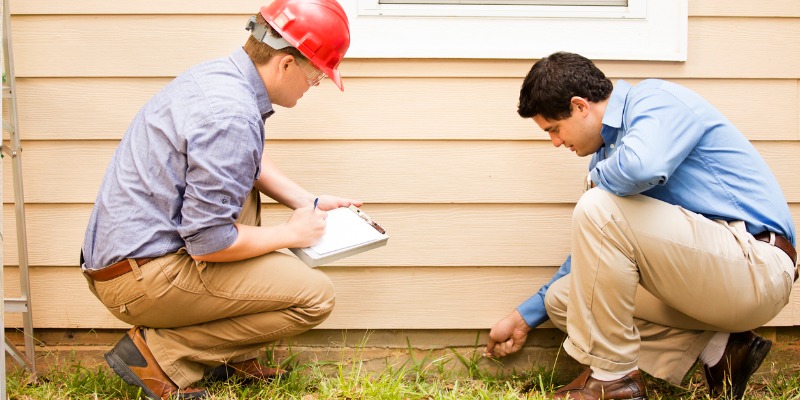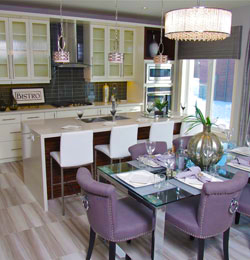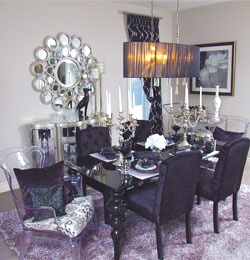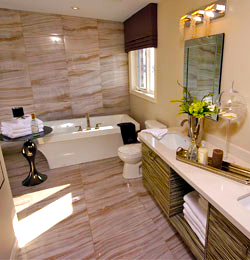
When you make the decision to buy a home, you might be torn between the historic charm of an older home and the customized high-end finishes of a ready-to-move-in new construction home. This is a common challenge faced by home buyers. However, these five tips should help you decide which one is right for you.
Tip #1: Consider the Home’s Characteristics
The main difference between new construction and older homes tends to be the characteristics. While older homes have that unbeatable old-world charm with details like original stained glass windows or unusual built-ins, new homes have modern details like well-appointed ensuite and built-in high-end appliances. What appeals more to your sense of aesthetics? A high-end finished look of a new home or the quaint unique characteristics of an older home?
Tip #2: Energy Efficiency
While many older homes might have renovations or replacements like new windows or HVAC systems to help improve energy efficiency, all new homes offer this as a given. If energy efficiency doesn’t seem important, remember it will greatly impact your monthly expenses. To ensure you buy an energy-efficient home, make sure any of the older homes you look at include upgrades that will ensure energy efficiency. This includes:
- New windows and exterior doors
- Updated insulation
- Updated siding
- Updated insulated garage doors
- A new HVAC system
If not, you’ll soon discover you’ll have to invest in the upgrades to keep your home comfortable.
Tip #3: Safety
This might seem like an odd consideration, but keep in mind older homes were built to different standards. You have to be willing to invest in upgrades such as electricity to ensure your home is safe. In a new home, everything is built to code and each home must undergo a safety inspection before the keys are handed over to the new owners. If you find yourself leaning towards an older home, be certain to have a thorough inspection, including a specific inspection of the electrical systems.
Having a hard time deciding on whether to buy a new home or not? At DeSozio Homes, we can help. Give us a call today!

Tip #4: Mature Trees
No doubt if you have a liking for cool shady streets, you are probably going to have to go for the older home. New neighbourhoods take years to develop local vegetation such as trees and lawns. While it gives you the opportunity to contribute to that vegetation, if you long for that mature tree on your front lawn, then the older home may be your only option. Just keep in mind, older trees can come with their own set of hazards including damaging town sewage and waterlines due to overgrown roots. Falling branches can also put your property and vehicles at risk.
Tip #5: Maintenance and Repairs
A major concern when purchasing a home is maintenance costs and ongoing repairs. Older homes can prove to be money pits even if they pass the home inspection. They just have too many aging elements for you not to face the possibility of costly repairs. New homes have many benefits when it comes to maintenance repairs including:
- No need for high ticket replacements for a good 10 to even 20 years
- Builders’ warranties often cover many aspects of the home for at least five years
- Brand new appliances
- Plumbing and electricity must be built to code
If you want a low-maintenance home, new is definitely the way to go.
Looking at buying a new construction house’s pros and cons is an important step to deciding what home is right for you. The cost of building a home versus buying a 50-to-60-year-old house is quite different, with new homes usually being more affordable.
Get in Touch with a Builder Today
Unsure of whether to buy a brand new house or an old one? No need to worry. Our team at DeSozio Homes can help. Contact us today to learn more.



